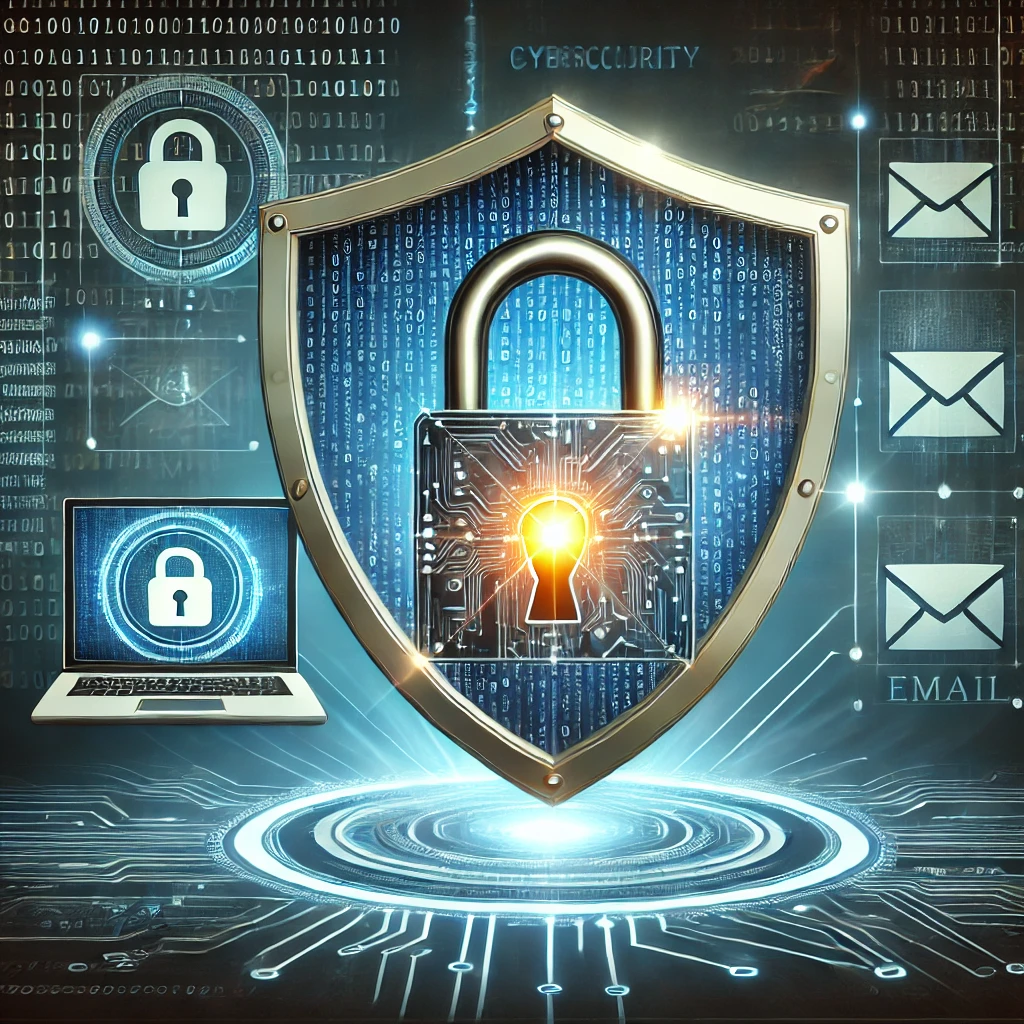
How to Secure Your Online Accounts from Hackers
Why Cybersecurity Should Be Your Top Priority in 2025
In today's digital age, securing your online accounts is no longer a luxury, it's a necessity. Whether you're using the best budget smartphones of 2025 or editing videos with the top free video editing software in 2025, keeping your personal data safe from hackers is crucial. With the increasing number of cyber-attacks, it's more important than ever to stay ahead of the curve. So, how can you protect yourself? Let's dive into some practical ways to keep your data secure.
1. Use Strong and Unique Passwords
The foundation of securing your online accounts is a strong password. But what makes a password strong? Well, it should include a mix of uppercase and lowercase letters, numbers, and special characters. Avoid using obvious passwords like "password123" or "admin." Instead, think of a passphrase, something memorable but hard to guess, like "BlueSky$2025!"
Tip: Use a Password Manager
If remembering all your strong passwords sounds overwhelming, consider using a password manager. This tool can securely store your passwords and even generate complex ones for you.
2. Enable Two-Factor Authentication (2FA)
Two-factor authentication is like locking the door to your house with two locks instead of one. Even if a hacker steals your password, they won't be able to access your account without the second factor, like a code sent to your phone.
Why is 2FA Important?
Many online platforms now offer two-factor authentication as a security feature. By enabling this, you're adding an extra layer of protection, making it harder for hackers to gain unauthorized access.
3. Regularly Update Your Software
Whether it's your smartphone, laptop, or the apps you're using, staying up to date with the latest software updates is essential. These updates often include security patches that address vulnerabilities hackers could exploit.
How to Speed Up Your Windows 11 PC
If you're using Windows 11, make sure to regularly check for updates to avoid leaving any potential gaps in your system's security. Not only will this speed up your PC, but it will also ensure you're protected from the latest threats.
4. Protect Your Smartphone with the Right Tips
Your smartphone is a goldmine for hackers, as it stores so much personal data. To secure it, use a strong password or PIN, enable biometric authentication (like fingerprint or facial recognition), and avoid downloading apps from untrusted sources.
Tips to Secure Your Smartphone
- Install antivirus software.
- Use a VPN when connected to public Wi-Fi.
- Review app permissions regularly.
5. Use a Virtual Private Network (VPN)
Have you ever used public Wi-Fi at a coffee shop or airport? If yes, then you might have exposed your personal data to potential hackers. By using a VPN, you can encrypt your internet connection, making it more difficult for anyone to snoop on your activity.
Beginner’s Guide to Using VPNs
VPNs are easy to use. Once set up, simply connect to the VPN before accessing any sensitive information online. This is especially important when shopping, banking, or accessing personal accounts over public Wi-Fi.
6. Secure Your Social Media Accounts
Hackers love to target social media accounts because they often serve as gateways to other personal data. Make sure to enable 2FA on all your social media accounts, and avoid oversharing personal details.
Best Chrome Extensions for Students
If you're a student, you might also use Chrome for research and socializing. Some Chrome extensions can help you secure your browsing experience, such as ad blockers and extensions that alert you to phishing attempts.
7. Be Wary of Phishing Attempts
Phishing is when a hacker pretends to be someone you trust, like your bank or a social media platform, to steal your personal information. Always double-check the sender's email address and be cautious of links or attachments in unsolicited messages.
Tools to Track Your Screen Time
Tracking your screen time can help you stay aware of how often you're using your devices and when you might be most vulnerable to phishing scams. Some apps can alert you to suspicious activity or help you take breaks from digital screens.
8. Use Encryption for Sensitive Files
If you're storing sensitive information on your devices, it's important to encrypt those files. This ensures that even if someone gains access to your computer, they won't be able to easily read your personal data.
SSD vs. HDD: Which Is Better for You?
When it comes to securing your data, an SSD (Solid-State Drive) is more reliable than an HDD (Hard Disk Drive). Not only is it faster, but it also offers better protection against physical damage, which could be crucial if your device is ever stolen.
9. Stay Vigilant and Monitor Your Accounts
One of the best ways to detect any unauthorized activity is by monitoring your accounts regularly. Set up notifications for transactions or login attempts and watch for anything suspicious. If you notice anything odd, take action immediately.
Photography Tips with a Smartphone
While this tip isn't directly related to security, taking precautions with your smartphone can ensure that you don't accidentally share sensitive information through photos. Avoid including passwords or other personal data in images you share online.
10. Educate Yourself on Online Threats
The digital landscape is constantly evolving, so staying informed is key to protecting yourself. Regularly read up on new threats and security tools, and share this knowledge with friends and family.
Comparison of Noise-Canceling Headphones
While noise-canceling headphones won't protect your data directly, they can help you concentrate better, which might make you more aware of any suspicious activity when browsing or working online. Consider them a productivity tool, alongside other AI tools to boost productivity.